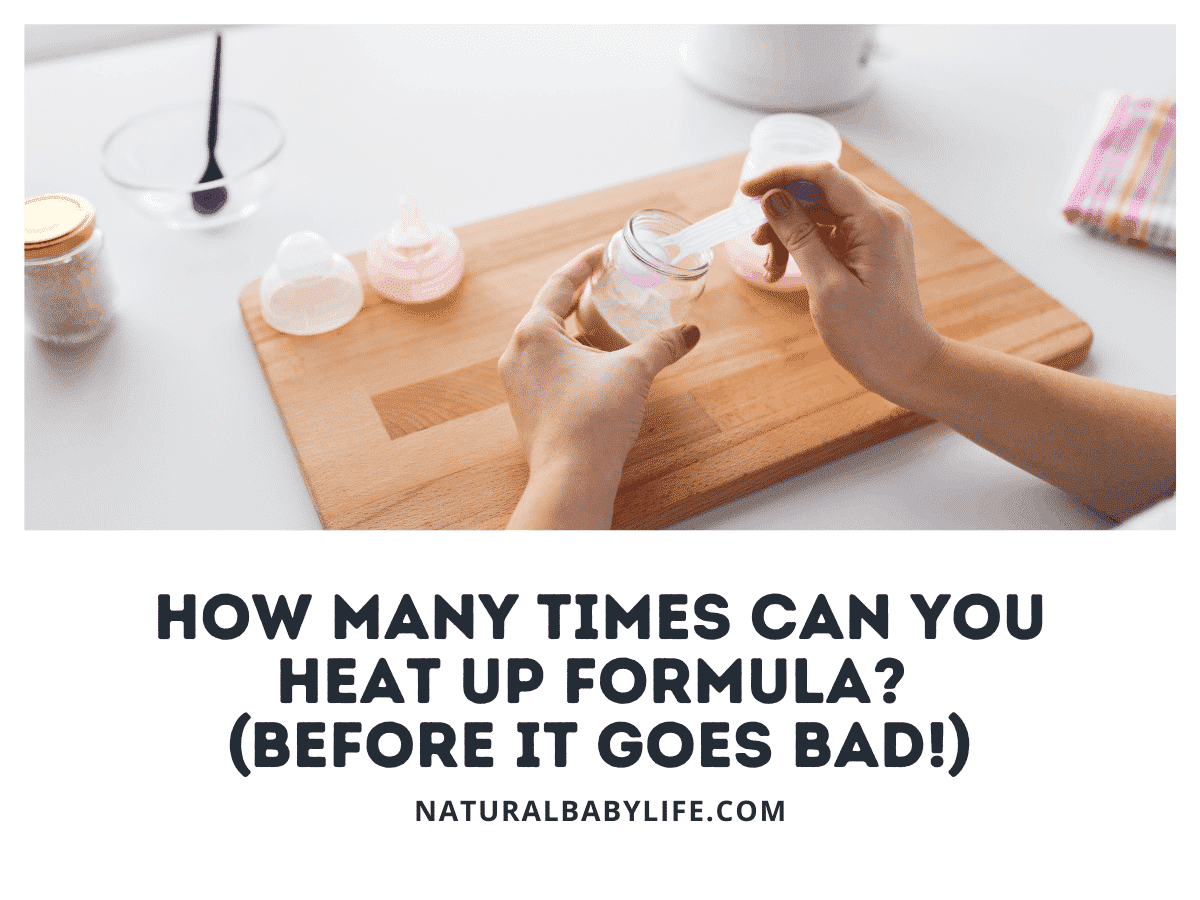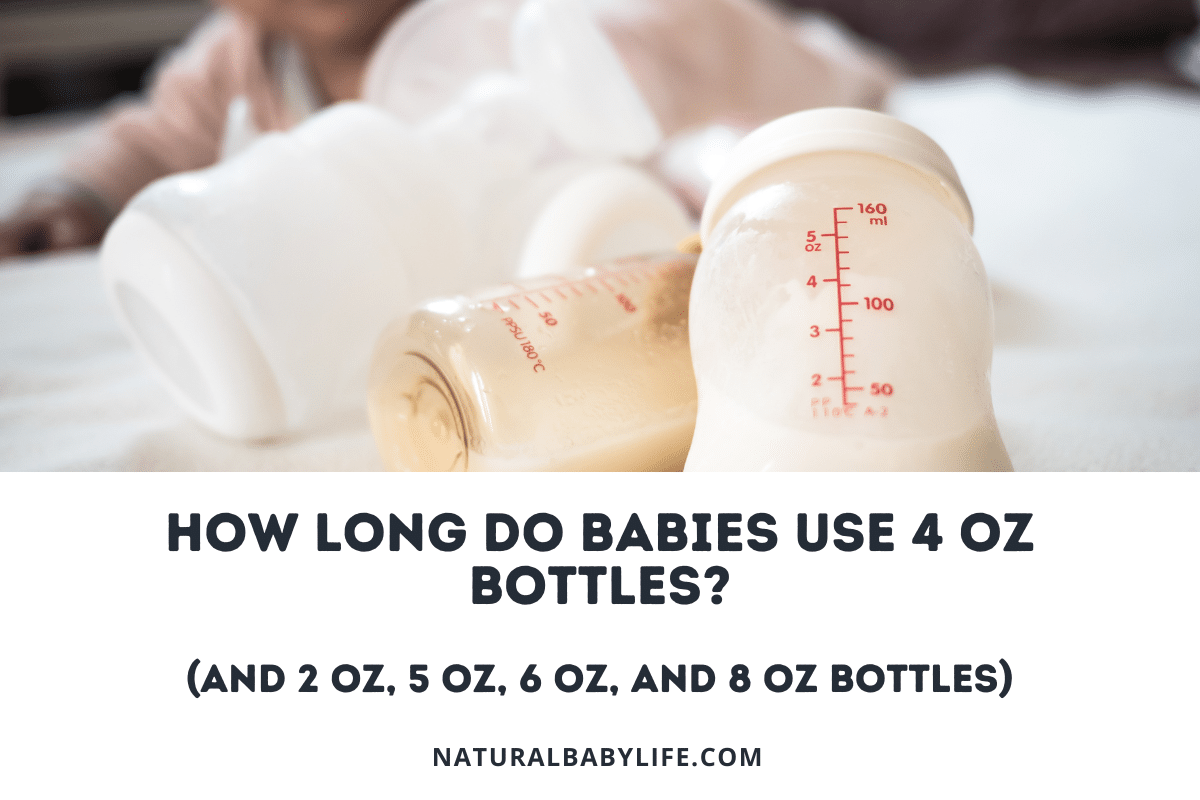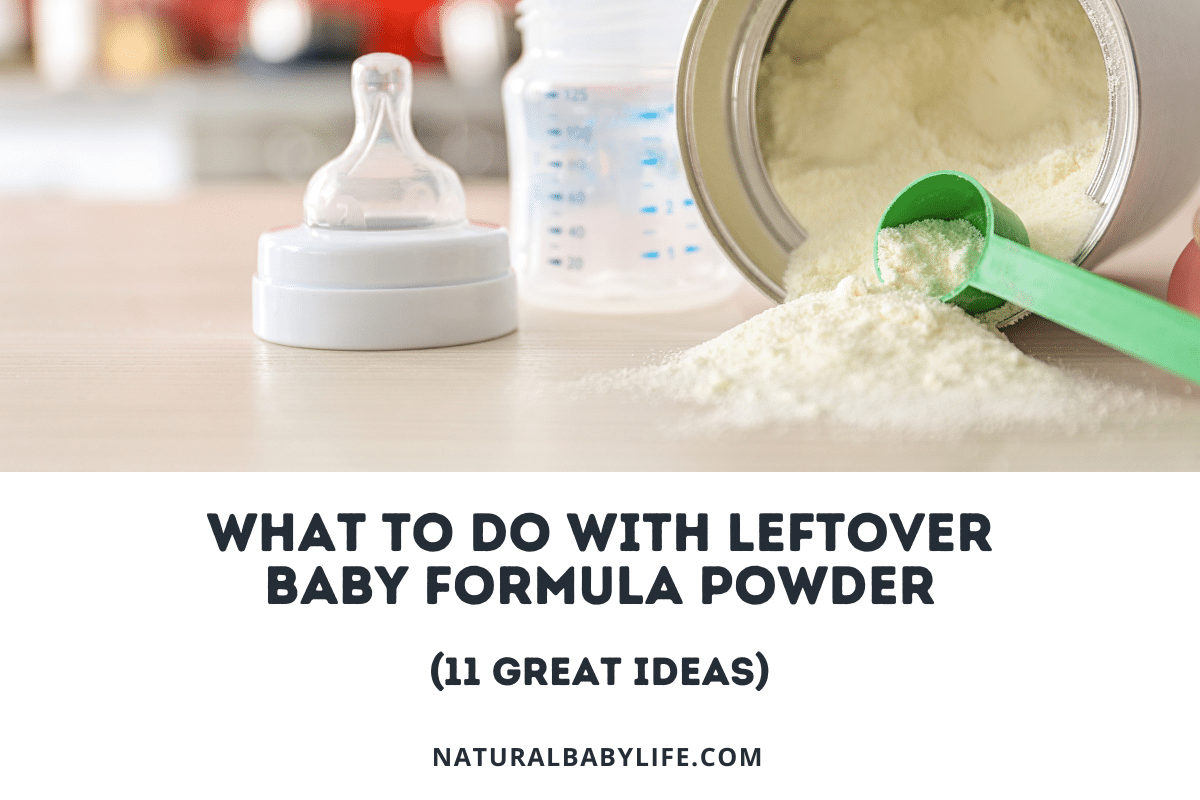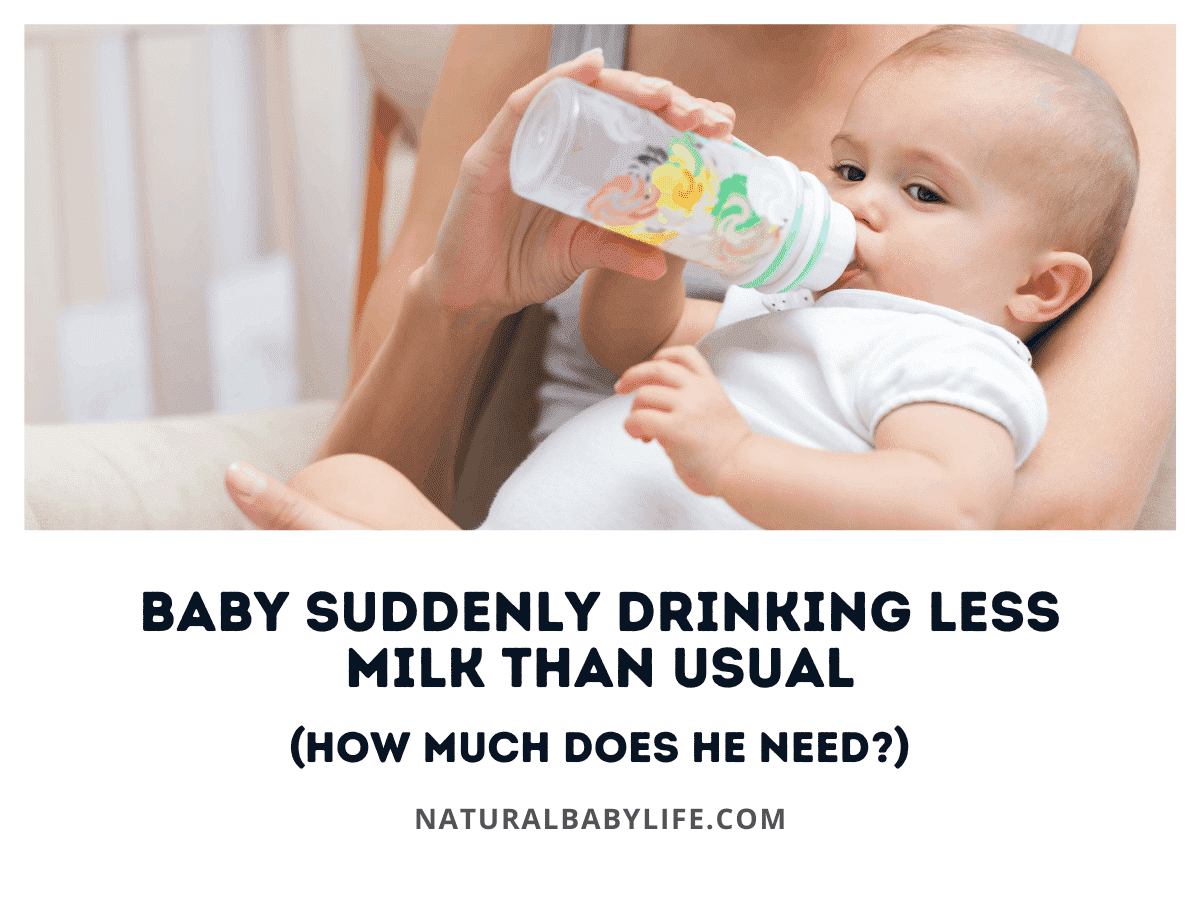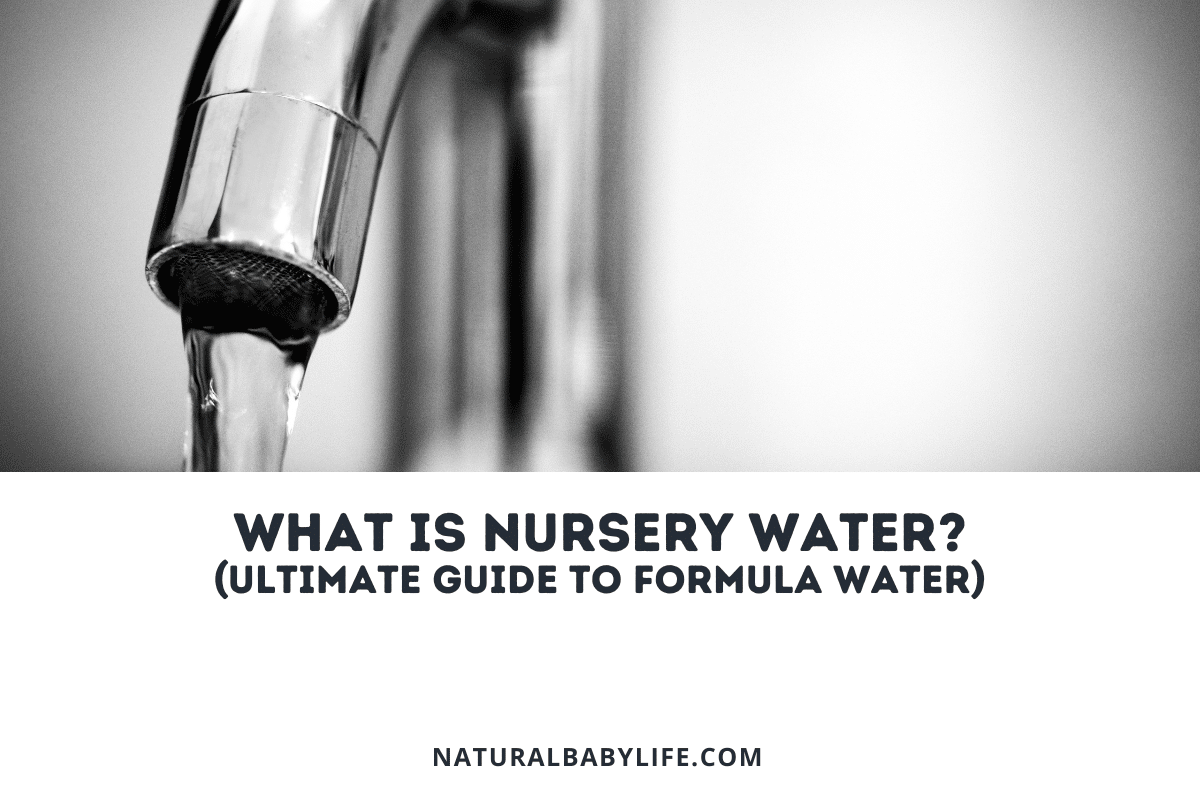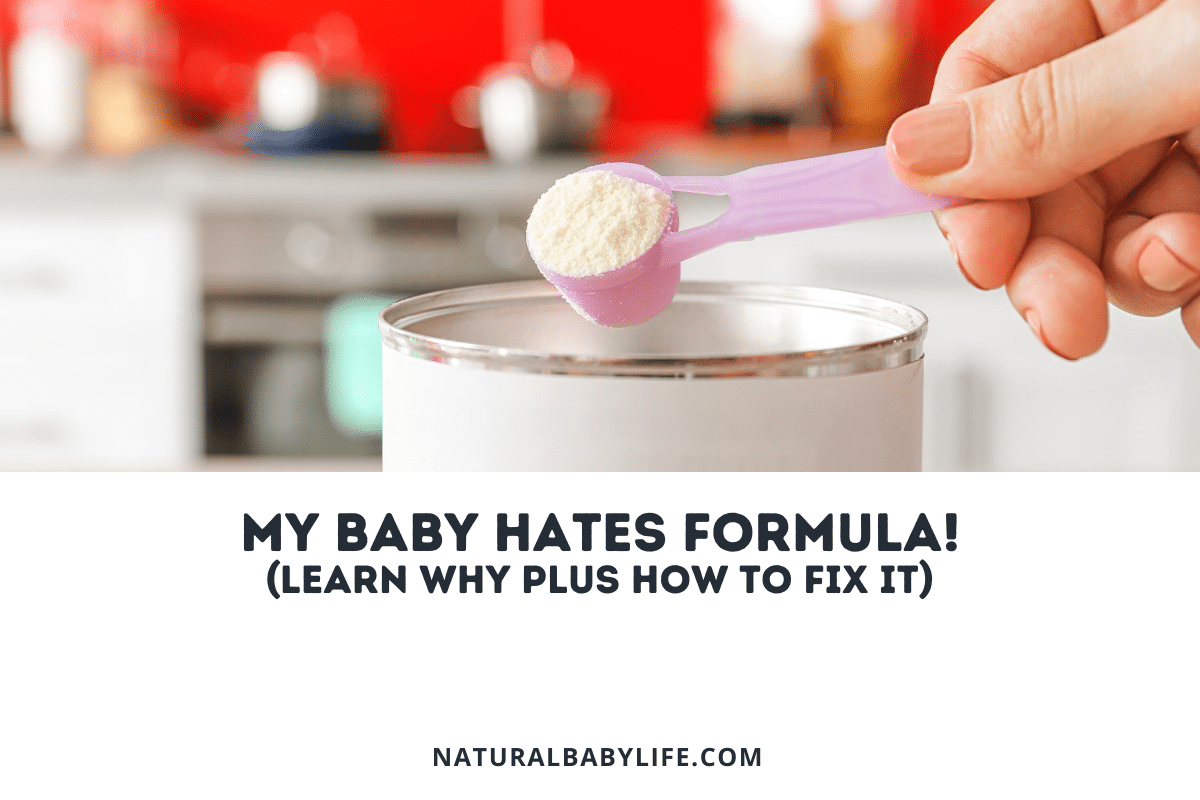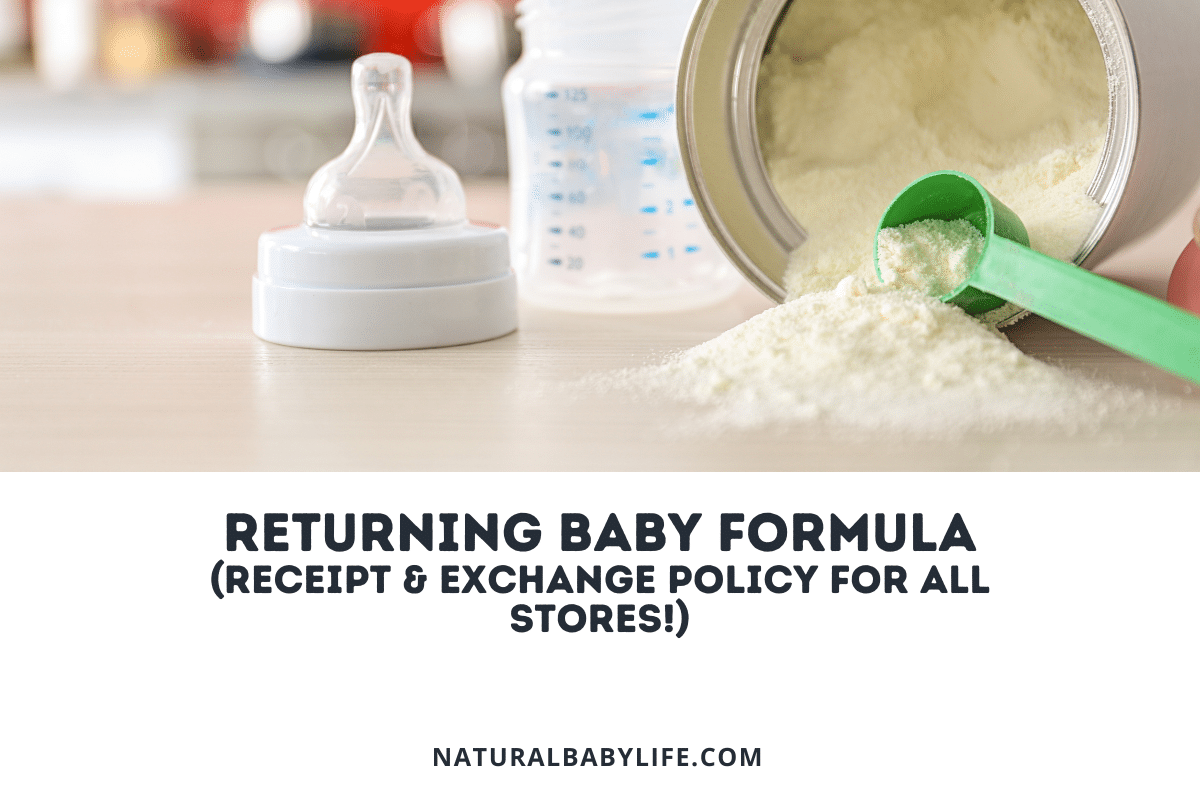We’ve all been there. You heat up the usual six ounces of formula, but for some reason this time your baby only wants four. Can you save those extra ounces and reheat them next time?
Baby formula should only be heated once and any leftover formula should never be reheated or used again according to the manufacturers. When prepared and heated for the first time, baby formula allows bacteria to grow which could cause health issues a baby’s immature immune system.
You’ve probably heard this answer before, but why exactly is this true? Is it really necessary to dump it out? Let’s get into the details.
Table of Contents
Is it safe to heat up formula more than once?
You may be familiar with the general guidelines for food preparation, which allows you to refrigerate food that has been heated up within two hours. Unfortunately, this same rule does not apply to formula.
Once you have heated up formula, it cannot be refrigerated and heated up again. In fact, any unused formula that has been warmed needs to be discarded.
Babies are still developing their immune systems, so it’s essential to take these extra precautions. Serious food-borne illnesses can occur in babies who drink contaminated formula.
Contamination occurs first while preparing the formula. The germs from your hands are transferred to the bottle as well as the formula scoop if you are using powdered. The scoop can even transfer the bacteria into the container of formula if you store it in there (a good reason to keep it out and wash it!).
Then, when your baby is drinking from the bottle, bacteria in her saliva enters the bottle and begins to grow in the formula. While the baby is drinking, the bacteria is more than likely not going to make her sick. But germs multiply quickly.
Warmer temperatures encourage bacteria growth. At the temperature that bottles are typically warmed to, organisms can grow in less than half an hour. In the fridge, which needs to be 40 degrees or below, this growth is slowed significantly. However, some bacteria can continue to grow at these cooler temperatures, so this is why you can’t put a previously warmed bottle back in the fridge.
Reheating a bottle of formula after it has cooled down gives the bacteria another change to grow. While boiling can kill germs, you aren’t boiling the formula or heating it to a high enough temperature to reduce risk of illness.
How long does formula last once heated?
After ready to eat or powdered formula has been heated, it lasts for an hour before it needs to be thrown away. After an hour, the potential for dangerous bacteria greatly increases. This is true even if the baby doesn’t drink it at all; there are still germs in the bottle that have been happily growing for an hour in a warm environment.
Can I put warmed formula back in the fridge?
Sadly, no. Once formula has been warmed up it needs to be consumed or thrown away.
As mentioned, the process of preparing formula can introduce bacteria to the bottle. These bacteria thrive in the warm, moist environment of the bottle and can multiply quickly. Some bacteria can grow even at fridge temperatures and are not killed by reheating. For this reason, you need to throw out any heated formula that is not used within an hour.
Can you refrigerate formula twice?
It may happen that you take a prepared bottle out of the fridge but don’t actually end up using it. Can you still save it for another time? This is a tricky answer to find, but in general, any increases in temperature can result in more bacteria growth.
If the formula hasn’t been warmed up and has been at room temperature for less than an hour, you can probably put it back in the fridge. In this case, the 24 hour window of time is still going from when you first prepared the bottle.
Can you reheat ready to eat formula?
Like powdered formula, once ready to eat formula has been warmed up, you have to use it within an hour. Anything leftover needs to be thrown away.
If you opened the can but didn’t heat it up, it can be refrigerated for 48 hours before you need to use it or get rid of it.
5 tips to avoid wasting baby formula
As frustrating as it is to dump out formula, your baby’s health is definitely an area where it’s better to be safe than sorry. But you aren’t doomed to throw your money down the drain every day. Here are some ideas to help you minimize the amount of unused formula you end up with.
- Make smaller quantities: If your baby tends to vary the amount of formula she wants, start with the smaller amount first. You can always mix another couple of ounces later if you need to.
- Don’t mix ahead of time when traveling: It can be helpful to wait until you actually need the formula to mix it, especially when you are traveling. Just pack the formula and the water separately.
- Try a formula pitcher: If you find yourself having to make another one or two ounces often, you can make a larger amount in a pitcher and easily pour it in small increments (just make sure you only make what you can use within 24 hours).
- Consider a schedule: When your baby is old enough, you may want to schedule feedings rather than continue feeding on demand. For some little ones, this can make their serving size more predictable.
- Serve cold: Many babies are happy with cold milk, and it’s perfectly safe. This means before you serve it you can leave it out for two hours before it goes bad. This will buy you more time if you tend to set a bottle down and forget it or end up not needing it yet.

